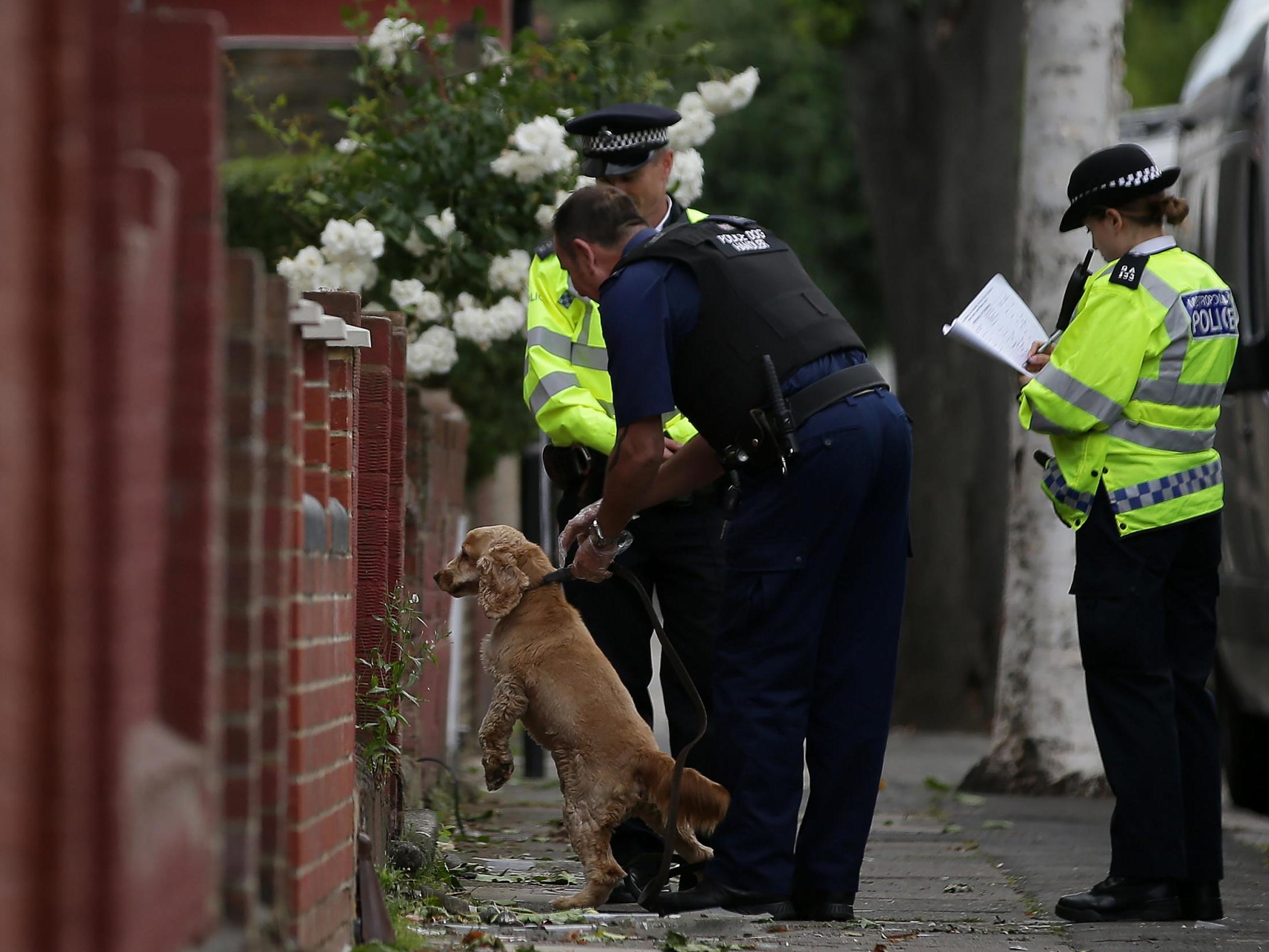Innocent families' homes raided by police because of investigation errors, report reveals
Watchdog finds 'serious errors' caused people to be wrongly identified as paedophiles and hackers

Innocent families had their homes raided by police because of a catalogue of errors that caused them to be wrongly identified as paedophiles and suspected criminals, a report has revealed.
The Investigatory Powers Commissioner listed a number of “serious errors” committed in 2018 by police forces and telecommunication companies.
In one, officers investigating the sharing of indecent images of children gained public wifi data to identify the paedophile but got the time zone wrong in their application.
“This led to police executing a warrant at the home of an innocent family,” the report said. “A re-examination of all similar service requests identified a second case where, although a warrant was not executed, all internet enabled devices were seized.”
In another case, police investigating “defamatory posts on social media” obtained data to identify the suspects, but “misinterpretation of the data files returned led officers to execute a warrant on an innocent family, with all internet devices seized”.
More bungling over time conversions in communications data also caused an innocent person to be arrested on suspicion of being a paedophile and a raid on the wrong house over sexual grooming.
Other cases highlighted in the report included one where police officers arrested an innocent man who had been wrongly linked to a paedophile’s email address, and another wrongful arrest caused by a typographical error and a third where an innocent person was arrested for computer hacking.
The largest group of communications data requests by police were made for drugs offences, followed by violence and murder and sexual offences.
The requests mainly targeted criminal suspects, but were also used for their associates, victims and vulnerable people.
“In some cases, we were concerned that forces were obtaining data otherwise than for the purposes made available to them by the code of practice,” the report said.
“We will monitor whether any further instances of this activity occur in 2019.”
The report found that 203 communications data requests were made over journalists, but the majority related to victim or witness protection, such as in harassment cases.
In the year, there were also six applications made for legal warrants to obtain confidential journalistic material, which were all granted.
The Investigatory Powers Act 2016 has since come into force for all authorities and intelligence agencies who use interception and communications data.

It introduces a “double lock” giving judicial commissioners powers to review the most intrusive warrants authorised, including those relating to journalists.
The security minister said the government would continue the report’s recommendations carefully.
James Brokenshire added: “The police and security services work tirelessly to investigate and pursue terrorists and criminals, and it is vital that they have the powers they need to keep us safe.
“I welcome the independent scrutiny from the Commissioner and am pleased that he recognises the exceptional dedication and professionalism demonstrated by our law enforcement and security agencies.”
Bookmark popover
Removed from bookmarks